We are team of technical nerds, Hire Us for your next project
AI in Logistics
- Home
- Industries
- AI in Logistics
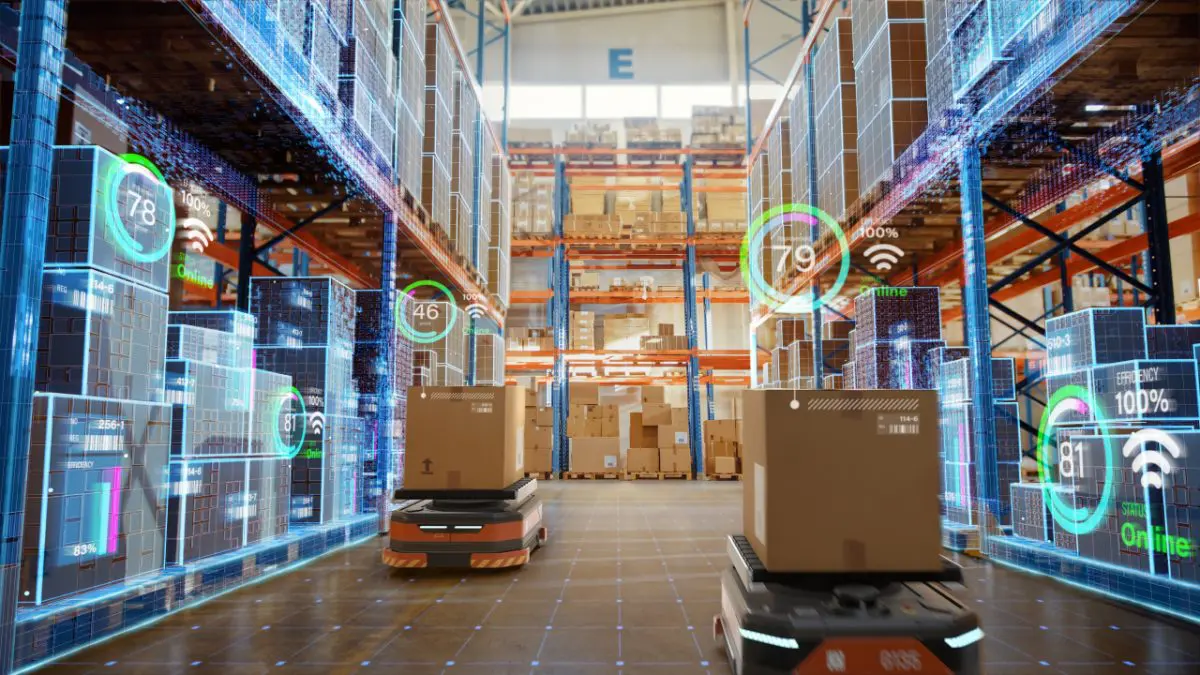
//INDUSTRIES
AI IN LOGISTICS
Annotation in logistics involves labeling and categorizing data to optimize supply chain operations, enhance decision-making processes, and improve efficiency.annotation plays a crucial role in logistics by providing labeled data that enables logistics companies to optimize supply chain operations, improve accuracy, and enhance customer satisfaction.
DATA ANNOTATION FOR INCORPORATING AI IN LOGISTICS
SKU Labeling
Annotation involves labeling stock keeping units (SKUs) with attributes such as product descriptions, dimensions, weights, and categories. This enables logistics companies to accurately identify and track inventory items throughout the supply chain
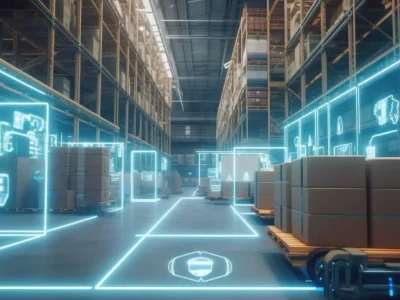

Product Classification
Annotation is used to classify products based on factors such as fragility, hazardousness, perishability, and handling requirements. This enables logistics providers to apply appropriate handling and storage protocols, minimizing the risk of damage or spoilage during transportation.
Route Optimization
Annotation includes labeling transportation routes, road networks, and delivery destinations with information such as distances, travel times, and traffic conditions. This enables logistics providers to optimize delivery routes, minimize fuel consumption, and reduce transportation costs.

Order Tracking
Annotation is used to label order status updates, shipment tracking information, and delivery confirmations. This enables logistics providers to provide real-time visibility into the status of customer orders, enhancing transparency and customer satisfaction
Return Labeling
Annotation includes labeling return merchandise authorization (RMA) numbers, return instructions, and return shipping labels. This enables logistics companies to process returns efficiently, track returned items, and manage reverse logistics operations.

// Drop us a line! We are here to answer your queries
Let's Discuss Your Artificial Intelligence (AI) Project
//Industries
INDUSTRIES WE SERVE
RETAIL
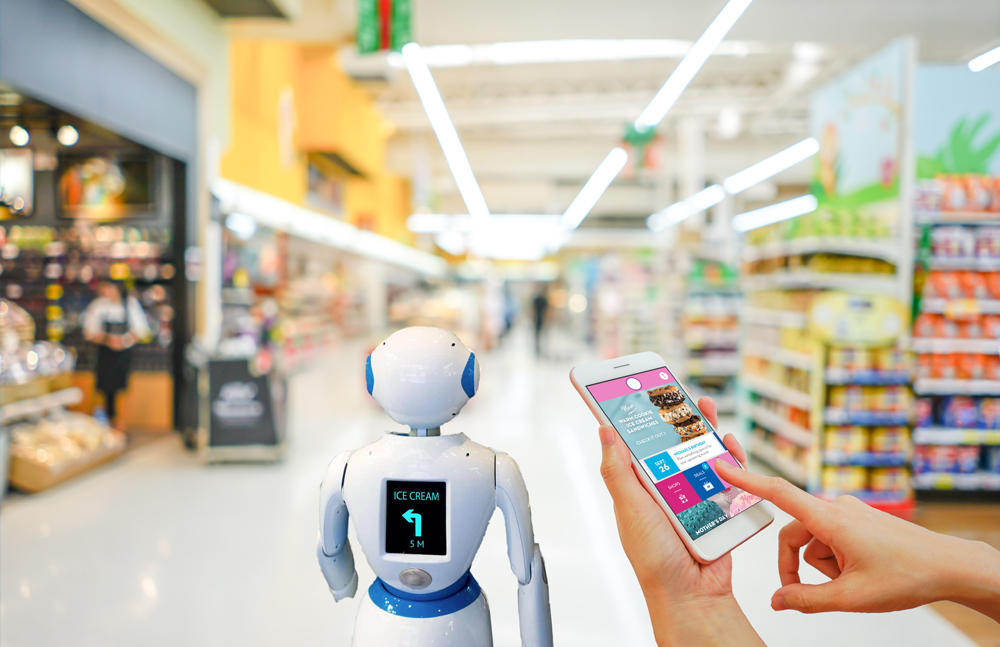 Assisting the retail and e-commerce sectors by providing training data to optimize their in-store operations through the implementation of artificial intelligence (AI).
Assisting the retail and e-commerce sectors by providing training data to optimize their in-store operations through the implementation of artificial intelligence (AI).ROBOTICS
 3D object detection finds extensive application in robotics, particularly to prevent collisions with dynamic entities such as humans, animals, and other objects.
3D object detection finds extensive application in robotics, particularly to prevent collisions with dynamic entities such as humans, animals, and other objects.AGRICULTURE
 Supporting agriculture through computer vision training data involves facilitating the identification of product defects, sorting produce, managing livestock, assessing soil quality, implementing fertilizer applications, and fine-tuning genetic conditions.
Supporting agriculture through computer vision training data involves facilitating the identification of product defects, sorting produce, managing livestock, assessing soil quality, implementing fertilizer applications, and fine-tuning genetic conditions.INSURANCE
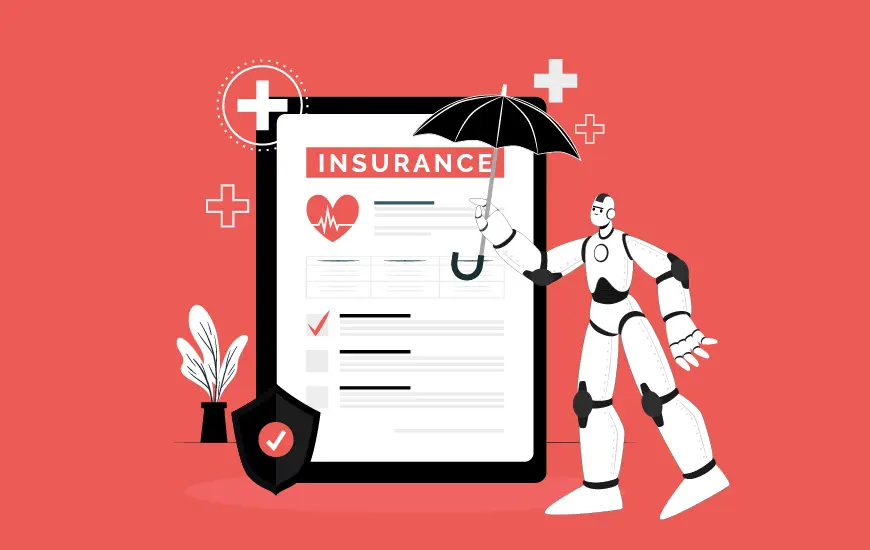 Preparing training data to integrate AI into insurance procedures for tasks such as risk assessment, fraud detection, underwriting and minimizing human error.
Preparing training data to integrate AI into insurance procedures for tasks such as risk assessment, fraud detection, underwriting and minimizing human error.HEALTHCARE
 Incorporating annotations and accurate labeling within AI systems is crucial for uncovering connections within genetic codesand enhancing efficiency in healthcare processes.
Incorporating annotations and accurate labeling within AI systems is crucial for uncovering connections within genetic codesand enhancing efficiency in healthcare processes.SECURITY & SURVEILLANCE
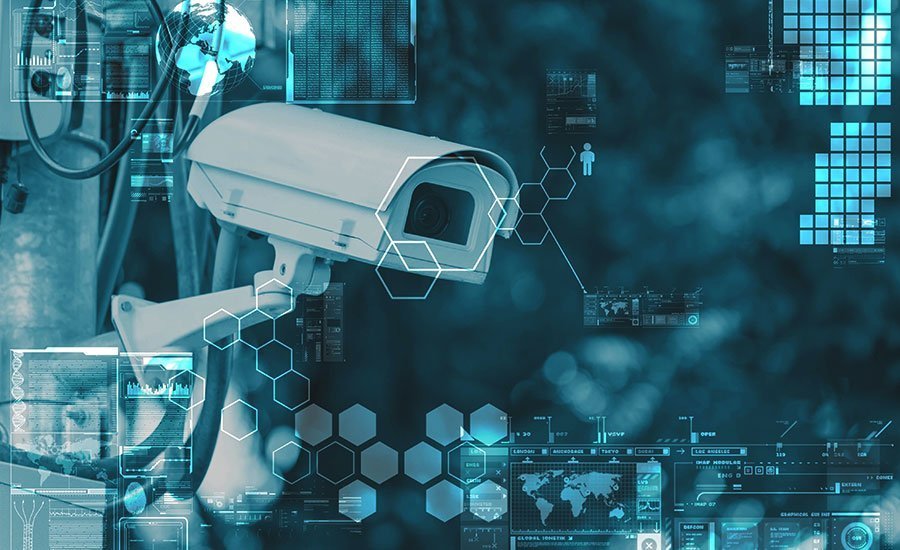 Facilitating the integration of AI into cameras and sensors enables the detection of potential risks at workplaces, airports, and industrial sites. This involves incorporating computer vision technology into security and surveillance systems.
Facilitating the integration of AI into cameras and sensors enables the detection of potential risks at workplaces, airports, and industrial sites. This involves incorporating computer vision technology into security and surveillance systems.SELF-DRIVING
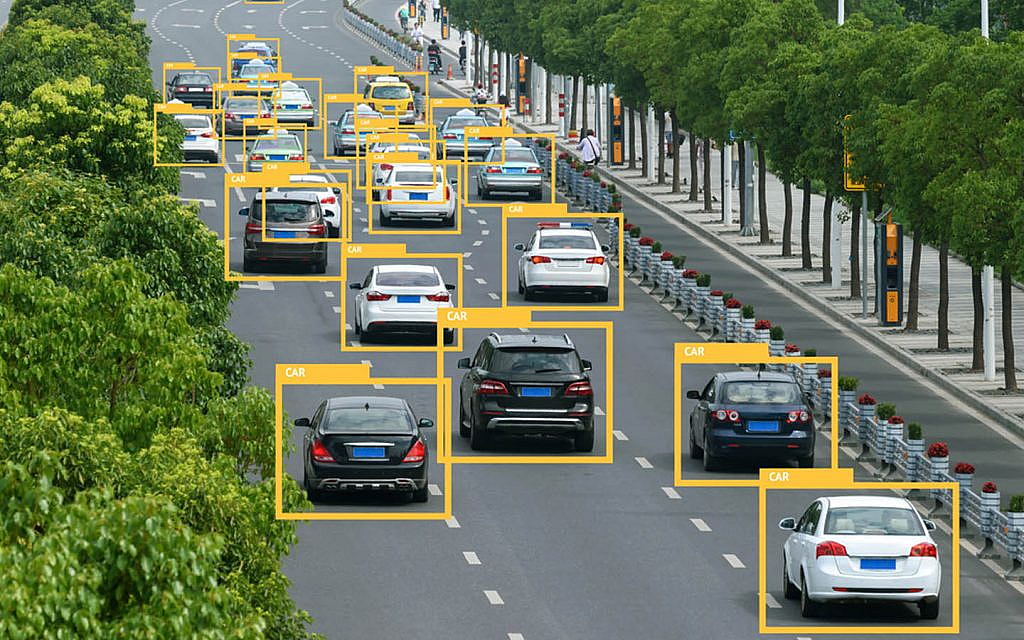 Bounding boxes serve to annotate the surroundings of a vehicle, aiding in the detection of various objects including pedestrians, vehicles, traffic signs, and barriers.
Bounding boxes serve to annotate the surroundings of a vehicle, aiding in the detection of various objects including pedestrians, vehicles, traffic signs, and barriers.LOGISTICS
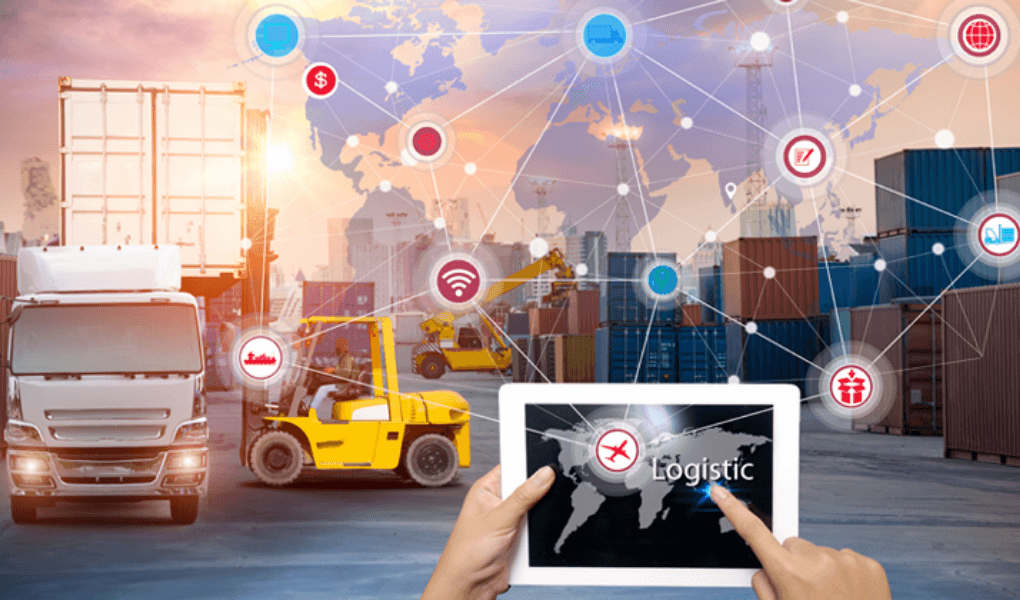 Logistics represents one of the growing areas of artificial intelligence application. We specialize in annotating images of goods to generate high-quality training data utilized in logistics.
Logistics represents one of the growing areas of artificial intelligence application. We specialize in annotating images of goods to generate high-quality training data utilized in logistics.AUTONOMOUS FLYING
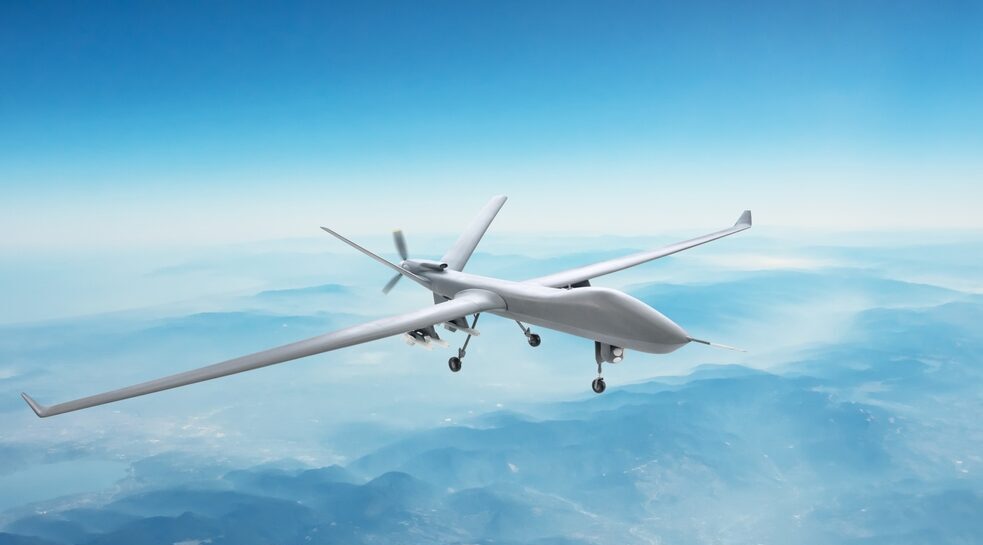 Simplifying and broadening access to AI implementations for automated or assisted flight can be achieved by leveraging image annotation conducted at the backend using training data specifically tailored for autonomous flying.
Simplifying and broadening access to AI implementations for automated or assisted flight can be achieved by leveraging image annotation conducted at the backend using training data specifically tailored for autonomous flying.






